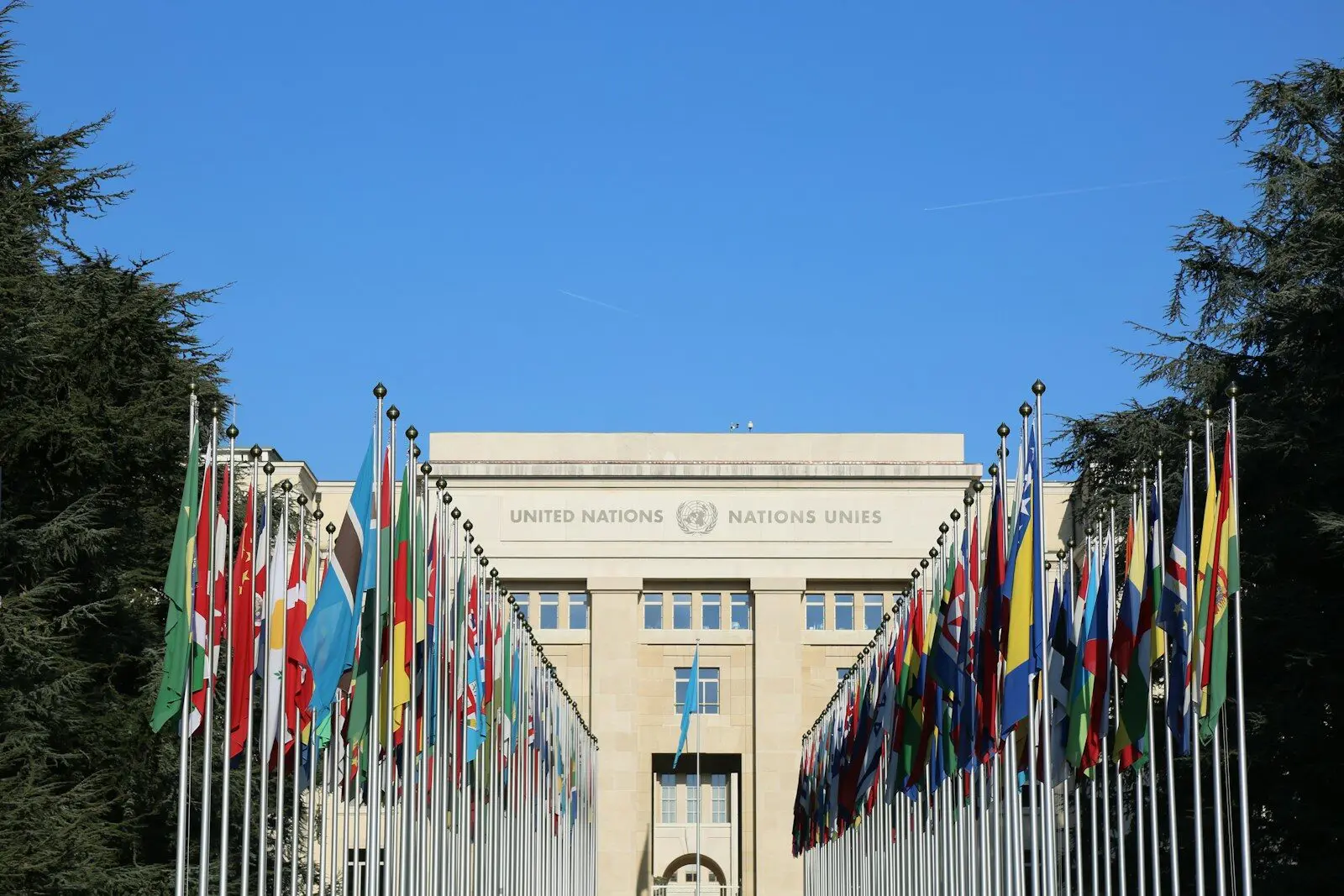On Independence Day, President Zelensky signed Law № 8371 banning the activities of the Russian Orthodox Church (ROC) in Ukraine through the Ukrainian Orthodox Church (UOC)
On 24 August 2024, President Zelensky signed Law No. 8371 “On Protecting the Constitutional Order in the Field of Religious Organizations”, aimed at banning the Ukrainian Orthodox Church (UOC) which had been adopted by the Verkhovna Rada four days earlier.
The law will come into effect 30 days after its publication. However, with the exception of one provision – according to which UOC communities will have nine months to sever ties with the Russian Orthodox Church (ROC).
In his address, President Zelensky said “Given that the Russian Orthodox Church is an ideological continuation of the regime of the aggressor state, an accomplice of war crimes and crimes against humanity that are committed in the name of the Russian Federation and the ideology of the ‘Russian world,’ the activities of the Russian Orthodox Church in Ukraine are prohibited.”
Law No. 8371 says that the activity of religious organizations affiliated with a foreign religious organization which is prohibited in Ukraine is not allowed and such religious organizations are terminated in accordance with the procedure established by law.
Parliament: 265 votes for Law No 8371, 29 against and 4 abstentions, 24 did not take part in the voting
The decision was supported by 265 members of Parliament, with 29 voting against and 4 abstaining.
In the “Servant of the People” (Party of President Zelensky), 173 MPs voted for the law,
“European Solidarity” gave 25 votes,
“Batkivschyna” (“Fatherland”) – 17,
“Platform for Life and Peace” – 1,
“For the Future” – 9,
“Holos” (“Voice”) – 18,
“Dovira” (“Trust”) – 11,
“Restoration of Ukraine” – 0.
Independent MPs contributed 11 votes.
This last law is part of the process of de-russification and cultural de-colonization of Ukraine which started with the political and territorial independence of Ukraine from the late Soviet Union on 24 August 1991 and continued with the imposition of the Ukrainian language as the sole official language of the country, the rewriting of its history, the revision of schoolbooks, the renaming of cities and streets, the removal of public works of art reminding Communism and the Soviet Union.
The last important stone of Soviet heritage to be removed was the surviving link of the Patriarchate of Moscow and All Rus with its historical branch in Ukraine, the Ukrainian Orthodox Church (UOC-MP) which, with its about 11000 parishes, remains the majority religion in the internationally recognized borders of Ukraine.
A number of its parishes located in the occupied territory of Crimea (2014) and in the part of Donbas captured by the Russian Federation were annexed de facto by the Russian Orthodox Church and Russian Patriarch Kirill.
In the sovereign territories of Ukraine, the UOC and the (national) Orthodox Church of Ukraine (OCU) created in December 2018 by the merger of several Churches and soon after affiliated with the Patriarchate of Constantinople now have approximately the same number of parishes.
Main points of Law No 8371
Religious scholar Andrii Smyrnov explained in an interview what Bill No 8371 provides for:
– The activities of the Russian Orthodox Church in Ukraine are prohibited. The UOC-MP cannot be part of the structure of the ROC or be otherwise affiliated with it.
– The activities of the UOC-MP are not allowed, and its religious organizations will be terminated on the basis of court decisions nine months after the publication of the law.
– The State Service of Ukraine for Ethnic Policy and Freedom of Conscience studies, approves and publishes a list of religious organizations affiliated with the ROC.
– The UOC can continue its activities if it breaks administrative ties with the ROC.
– Simplification of the change of jurisdiction process of UOC-MP parishes and monasteries to the OCU.
– Contracts for the use of state property concluded with the UOC-MP are terminated ahead of schedule.
– Free rent of state and municipal property by religious organizations.
– Propaganda of the neocolonial ideology of the “Russian world” is prohibited.
The religious scholar predicts that the law will facilitate and accelerate the process of migration of some parishes of the UOC-MP to the OCU.
In particular, communities that use state-owned churches will decide whether to transfer or look for new premises.
According to Andrii Smyrnov, the parishes of the UOC-MP (those with their own churches not in state ownership) will continue to function even after court bans. And these are the majority.
“They are not in danger even after the court terminates the registration of a legal entity. Communities will be able to operate without registration and to register their churches in the names of individuals. Believers of the UOC will continue to be able to gather and pray in them,” the expert noted.
The UOC-MP and the Russian Orthodox Church: autonomy but no schism
Due to the support of Patriarch Kirill to Putin’s war on Ukraine, the UOC-MP has progressively distanced itself from the Russian Orthodox Church. In 2022, it revised its statutes to strengthen its complete autonomy and independence from Moscow. The UOC-MP has no representative in the Moscow Patriarchate but it has not seceded from it and will not in order to preserve its canonical status inside the Moscow Patriarchate.
On 27 May 2022, the Council of the UOC-MP removed all references to such dependence from its statutes, stressing its financial autonomy and the absence of any external interference in the appointment of its clergy. It hereby dissociated itself from the Russian Orthodox Church and stopped commemorating Patriarch Kirill at its divine services because of his blessing Vladimir Putin’s war on Ukraine. This distancing did however not lead to a schism from Moscow Patriarchate and partly preserved the spiritual communion with the Moscow Patriarchate.






